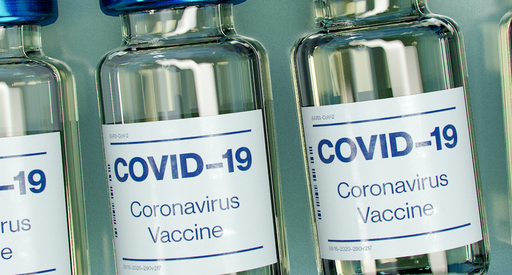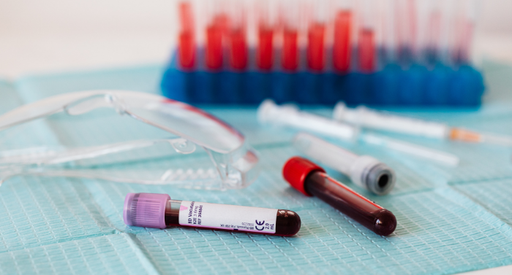Coronavirus (COVID-19) and blood cancer
Our coronavirus and covid vaccine information for people affected by leukaemia, lymphoma, myeloma, MDS, MPN, or any other blood cancer is easy to access and reviewed in line with the latest news and changes.

How to book a covid vaccine if you have blood cancer
Find out if you're eligible for covid vaccinations and how to get them. Updated 3 July 2025.
Check my eligibility

Antibody and antiviral treatments for people with blood cancer
Read about treatments for covid that people with blood cancer are eligible for, including Paxlovid and sotrovimab. Updated 25 February 2025.
Find out more

Coping with the risk of coronavirus
Key things to know about reducing the risk of coronavirus for people with blood cancer. Updated 18 December 2023.
More about risk

Covid vaccine efficacy and blood cancer
The latest information about covid vaccine effectiveness in people with blood cancer. Updated 24 January 2025.
What we know
Funding Disclosure
The following pharmaceutical companies have funded this information but have had no input into the content or direction of the project: AbbVie, AstraZeneca, Celgene, Gilead, Incyte, Kyowa Kirin, Novartis, Pfizer, Sanofi, Takeda.
